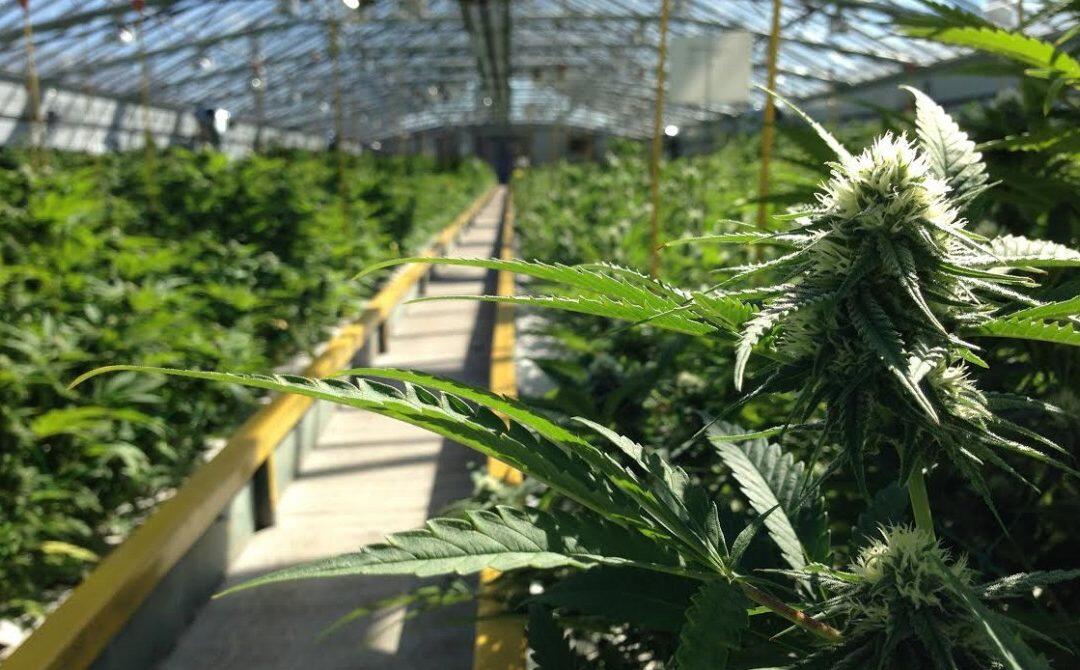There has always been a controversy around marijuana; the most commonly used illegal drug in the world and the United States. To cut it short, the Drug Enforcement Administration (DEA) has kept marijuana in the same class as heroin, LSD, and other potentially dangerous or highly addictive drugs.
According to Science Mag, DEA’s decision not to reschedule marijuana presents a Catch-22. By ruling that there is not enough evidence of “currently accepted medical use”—a key distinction between the highly restrictive Schedule I classification and the less restrictive Schedule II—the administration essentially makes it harder to gather such evidence.
This news however, is a disappointment to U.S. researchers, since it forms a policy that restricts them to a single source of marijuana for research studies, a federally-funded farm at the University of Mississippi.
David Bradford, a health economist at the University of Georgia, Athens says: “They’re setting a standard that can’t be met,” adding “That level of proof is never going to be forthcoming in the current environment because it requires doing a really extensive clinical trial series, and given that a pharmaceutical company can’t patent whole plant marijuana, it’s in no company’s interest to do that.”
While 25 U.S. states have legalized medical marijuana, and more than 1.2 million people have acquired medical marijuana cards in those states, DEA acting administrator Chuck Rosenberg mentioned in a letter to the petitioners, that “marijuana is not as dangerous as many drugs listed as Schedule I”, adding “based on the standards used for drug approval by FDA, marijuana does not meet the criteria for rescheduling”.
He also said that “It does not have a currently accepted medical use in treatment in the United States, there is a lack of accepted safety for its use under medical supervision, and it has a high potential for abuse.”
So, how will this decision change?… According to the Health Economist, “it will only change when scientific understanding about marijuana changes—and it could change—then the decision could change.”











